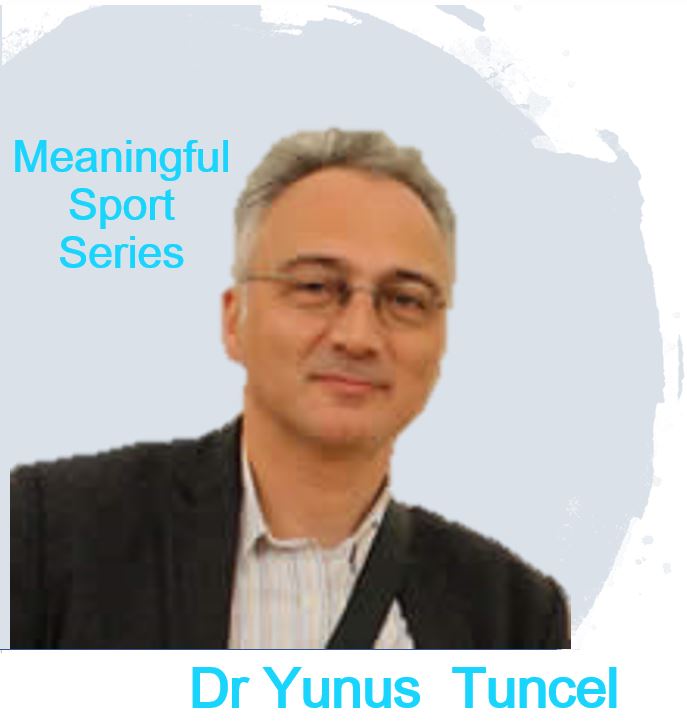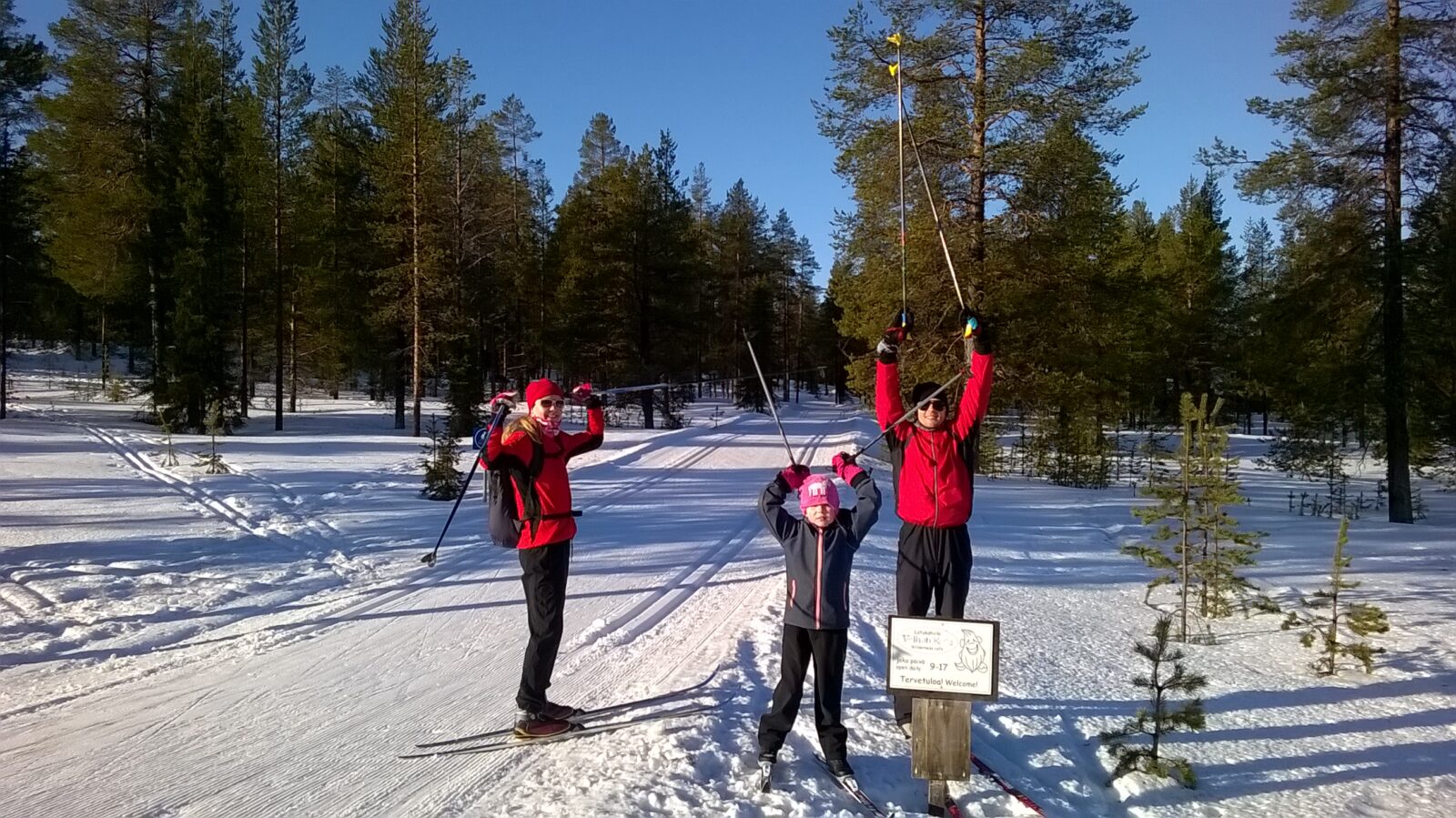
https://paresearcher.podbean.com/e/tuncel2/
Nietzsche’s thought has been applied to many aspects of culture (art, theatre, etc.) but less often to sport. This second part of our discussion with Dr Yunus Tuncel addresses a number of intriguing questions: What did Nietzsche mean by declaring that God is Dead? How can sport contribute to meaningful lives in this world where traditional values are no longer valid? Would Nietzsche find value in ultramarathon running? What and who is an overhuman and can we identify them in sport?
Some quotes from the podcast:
13:50 “The important thing is to understand myself and to channel my capabilities into some passion or meaning, a creative meaning”.
33:40 “We have some general understanding of what Nietzsche means by the overhuman. But when we get into the details, hell breaks loose. There are so many disagreements. Is the overhuman a historic figure? Can we say that such and such person is an overhuman? Most likely yes, I would say, otherwise it doesn’t make sense. Nietzsche is not an idealist (…) That is my reading.”
36:10 “Many Nietzsche scholars would not agree with me. They would not accept that an athlete could be an overhuman. … I would say they could be, in rare occasions”
Dr Yunus Tuncel is a Nietzsche scholar who has combined his passion for philosophy and travelling by creating the Philomobile travel organisation. In their trips, the group explores the life and writings of a philosopher in places where they lived and worked.
I got to know Yunus on a Philomobile trip he organised to Nietzsche Haus in Sils Maria, Switzerland, where Nietzsche spent many summers during his productive years. Staying in the house where Nietzsche had stayed was fascinating and helped to understand the context in which some of his key texts were created.

In addition to organising the Philomobile trips, Dr Yunus Tuncel teaches Philosophy at The New School, New York, and in New York University’s Liberal Studies Programme.
He is a co-founder of the Nietzsche Circle and a member of the Editorial Board of its journal The Agonist; for more information, see http://www.nietzschecircle.com/agonist.html